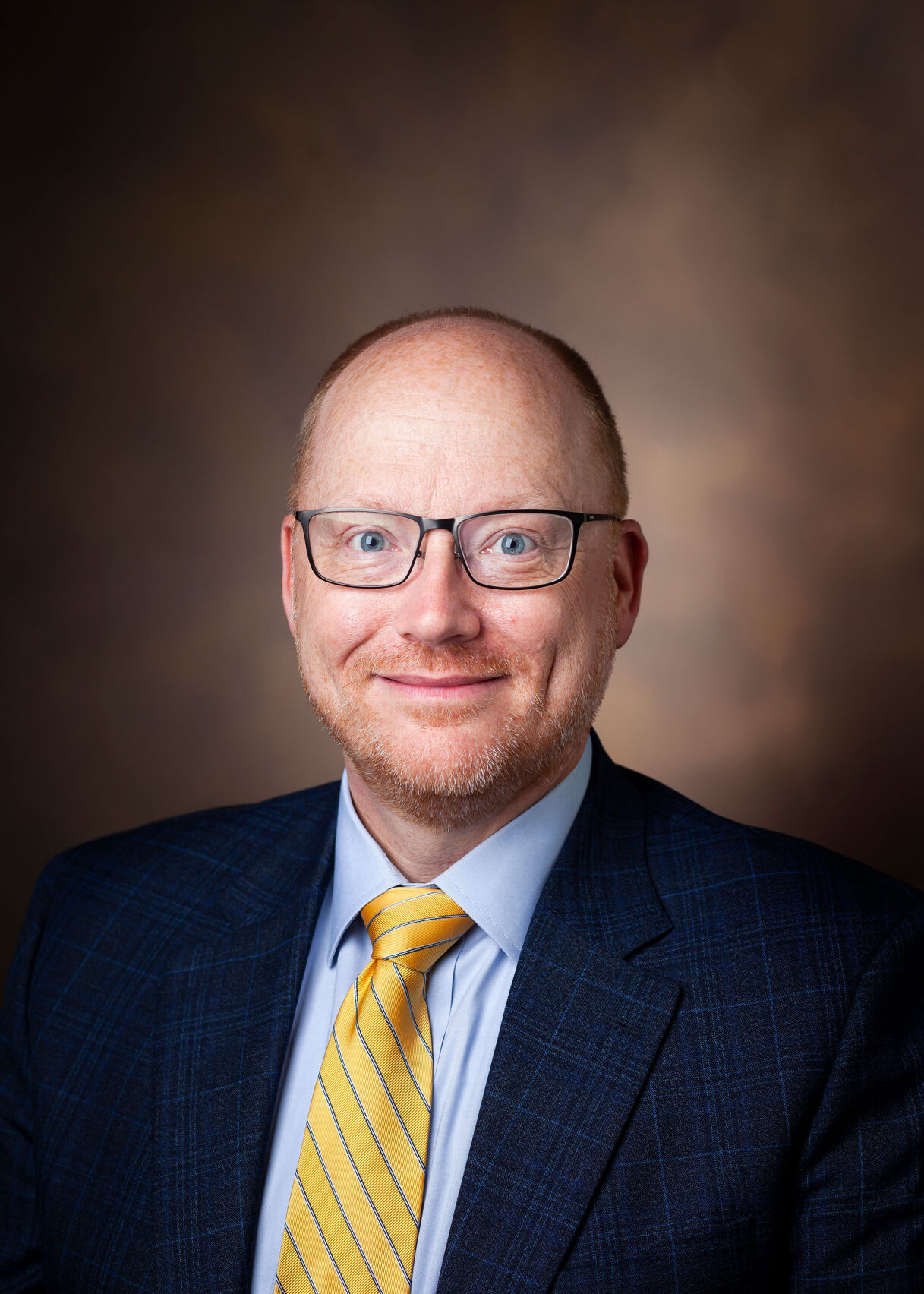Physicians are noticing a new wave of vaccine hesitancy since COVID-19 became prevalent — particularly when it comes to optional vaccines for school students, such as protections against COVID-19 and HPV.
A slate of vaccines is required by the state before a student enters kindergarten, and a couple more for seventh grade. But parents can also sign a religious exemption form to negate all of the above. According to Metro Nashville Public Schools guidelines, students and staff who are symptomatic or have been exposed to COVID-19 are asked to stay home from school for 10 days following their first positive test.
Recent numbers show that 0.2 percent of students under 5 years old are vaccinated against COVID, with that rate increasing by age: 2.8 percent of 5- to 11-year-olds; 3.7 percent of 12- to 15-year-olds; and 5.4 percent of 16- to 20-year-olds.
With masks and vaccination optional at MNPS this year, Vanderbilt University Medical Center vaccination expert Dr. C. Buddy Creech says there will undoubtedly be children who develop symptoms of COVID-19, which can spread like wildfire through a classroom.

Dr. C. Buddy Creech
Monkeypox could also spread, though it’s not as easily spread as hand-foot-and-mouth disease or COVID, for example. It can be spread skin to skin — or by snot. While the monkeypox vaccine hasn’t been distributed beyond those close to someone with a known case, it is something that could affect the school year if it spreads further to the student population, Creech says. Last week, the Biden administration declared monkeypox a public health emergency with more than 6,000 reported cases nationally, though just five of those cases have been in children.
“I think parents are going to have to be on the lookout if there is a known monkeypox exposure somewhere in the family,” Creech says.
Creech has also been fielding lots of questions from parents about the safety of any vaccine for children, including that of COVID-19. A common question: Why do we need a measles vaccine when you rarely see people get it? The truth is, outbreaks of measles still occur in unvaccinated populations. A common rumor that leads to hesitancy is that the COVID vaccine affects fertility in the long run — something that is simply untrue, Creech says.
“Pediatricians spend time reminding parents that the amount of stimulation that we’re giving to the immune system [in vaccines] is far less than we get from our diet or exposures out on a walk or from the infection itself,” he says.
Another common concern from hesitant parents is that kids usually don’t have many adverse effects when it comes to COVID-19. While that is true, there’s no way to predict an adverse side effect, Creech says. COVID can cause severe pneumonia, blood clots and even myocarditis in rare cases.
Before COVID-19, vaccination wasn’t such a political issue, Creech adds.
“I think what’s different about COVID is that there’s a political element to it now,” he says. “In some circles, it becomes an almost social liability to become vaccinated, because it feels as if they are betraying a political persuasion, or they’re buying into something they otherwise don’t want to buy into. That’s a different aspect of vaccine hesitancy that we haven’t seen before.”
The biggest challenge will be for those with underlying medical problems this school year, Creech says. Vaccination not only benefits the individual, but the surrounding population.
“I want to make sure parents understand that when they don’t vaccinate their children, they’re providing an entry point for this virus into a school, into a community, [where] those among us who have other medical conditions are immunocompromised,” Creech says. “We really rely on others to be vaccinated for our good as well. It’s not just a personal decision. It’s a personal decision that has community impact.”
Dr. Jennifer Erves is an associate professor in Meharry Medical College’s department of internal medicine. She also notices a lot of hesitancy around the HPV vaccine, Gardasil. With Tennessee at 53 percent vaccinated against HPV, and 58 percent nationally, we’re still far behind the national goal of 80 percent, she says.
Since Gardasil was released in 2006 with the goal of preventing cervical cancer, the sexually transmitted disease HPV has been linked to more types of cancer, including penile cancer, vaginal and vulva cancer, and oral and anal cancer. It is also linked to genital warts.
“This is our first vaccine that actually prevents cancer, and because we know the impact of cancer that it can have on an individual, our children can potentially be protected from these six different types of cancers from the HPV vaccine,” Erves says.
The vaccine has also been updated to protect against more strains of HPV since it was released. In recent years, the recommended age of 11 has been lowered to 9, allowing hesitant parents to start asking questions about vaccination a couple of years sooner.
“It seems like the information is coming so quickly,” Erves says. “It’s like a constant catch-up game for us in terms of addressing the myths and disinformation.”




